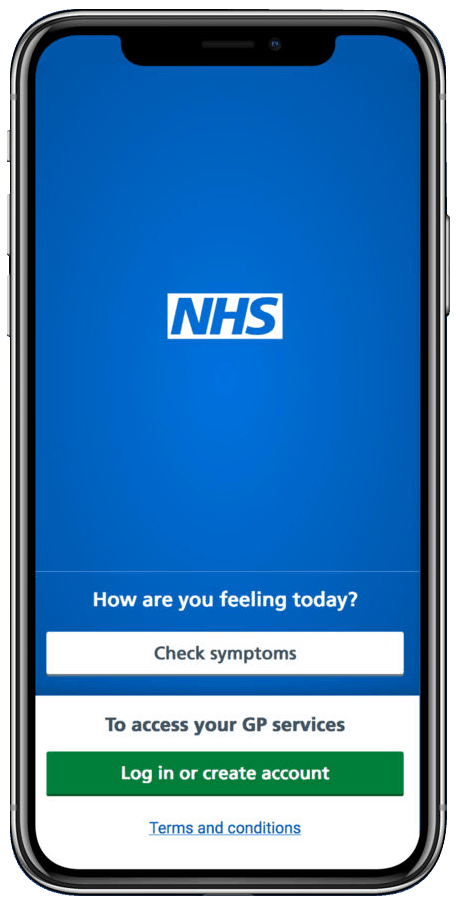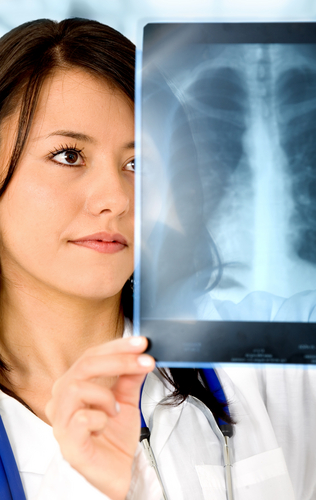You can look at your results through the NHS App.
Left menu
This easy to use patient questionnaire has been validated for use in Primary Care.
It is used by your doctor to monitor the severity of depression and response to treatment.
It can also be used to make a tentative diagnosis of depression.
 If you require any vaccinations relating to foreign travel you need to make an appointment with the practice nurse to discuss your travel arrangements. This will include which countries and areas within countries that you are visiting to determine what vaccinations are required.
If you require any vaccinations relating to foreign travel you need to make an appointment with the practice nurse to discuss your travel arrangements. This will include which countries and areas within countries that you are visiting to determine what vaccinations are required.
There is further information about countries and vaccinations required on the link below:
https://www.fitfortravel.scot.nhs.uk/destinations
It is important to make this initial appointment as early as possible - at least 6 weeks before you travel - as a second appointment will be required with the practice nurse to actually receive the vaccinations. These vaccines have to be ordered as they are not a stock vaccine. Your second appointment needs to be at least 2 weeks before you travel to allow the vaccines to work.
Some travel vaccines are ordered on a private prescription and these incur a charge over and above the normal prescription charge. This is because not all travel vaccinations are included in the services provided by the NHS.
For patients who are due an annual asthma review.
Please would you answer the questions on the form below and submit it to us. When you attend your asthma review appointment, please bring with you a copy of your Asthma Plan. If you think you don't have an Asthma Plan, please ask for one when you see the Nurse.
If your symptoms are deteriorating or you have any concerns, please make an appointment to the respiratory nurse or a doctor as well.
Please help us to keep you protected this winter'. Please note that flu vaccinations are now taking place for those who fit the criteria. To arrange your appointment kindly contact the Surgery or ask at Reception for more details.
Test Results
Please see below times you can tel: 01274 729602 to receive test results. If we are unable to contact you we will send a SMS mesage for you to contact the practice.
When you take your test, you will be told how long it will be before the results are returned to the practice. If you have not been contacted within 7 days of having the test done is your responsibility to check your results and to make an appointment to discuss them with your doctor if you are advised to do so.

Download the NHS App, or open the in a web browser, to set up and log in to your NHS account. Owned and run by the NHS, your NHS account is a simple and secure way to access a range of NHS services online.

Please call during the times below to enquire about your test results as our reception staff will have more time to deal with your request between these times.
Note that the practice has a strict policy regarding confidentiality and data protection and we will only release test results to the person to whom they relate unless that person has given prior permission for the release of this data or they are not capable of understanding the results.
When you take your test you will be told how long it will be before the results are returned to the practice.
It is your responsibility to check your results and to make an appointment to discuss them with your doctor if your are advised to do so.
Times for Test Results
|
Monday |
14.00 - 16.00 |
|
Tuesday |
14:00 - 16:00 |
|
Wednesday |
14:00 - 16:00 |
|
Thursday |
14:00 - 16:00 |
|
Friday |
14:00 - 16:00 |
Blood Tests
 A blood test is when a sample of blood is taken for testing in a laboratory. Blood tests have a wide range of uses and are one of the most common types of medical test. For example, a blood test can be used to:
A blood test is when a sample of blood is taken for testing in a laboratory. Blood tests have a wide range of uses and are one of the most common types of medical test. For example, a blood test can be used to:
- assess your general state of health
- confirm the presence of a bacterial or viral infection
- see how well certain organs, such as the liver and kidneys, are functioning
A blood test usually involves the phlebotomist taking a blood sample from a blood vessel in your arm, and the usual place for a sample is the inside of the elbow or wrist, where the veins are relatively close to the surface. Blood samples from children are most commonly taken from the back of the hand. The child's hand will be anaesthetised (numbed) with a special cream before the sample is taken. Our Health Care Assistant Tracy has years of experience in taking children's blood samples.
You can find out more about blood tests, their purpose and the way they are performed on the NHS website.
X-Ray
 An X-ray is a widely used diagnostic test to examine the inside of the body. X-rays are a very effective way of detecting problems with bones, such as fractures. They can also often identify problems with soft tissue, such as pneumonia or breast cancer.
An X-ray is a widely used diagnostic test to examine the inside of the body. X-rays are a very effective way of detecting problems with bones, such as fractures. They can also often identify problems with soft tissue, such as pneumonia or breast cancer.
If you have a X-ray, you will be asked to lie on a table or stand against a surface so that the part of your body being X-rayed is between the X-ray tube and the photographic plate.
An X-ray is usually carried out by a radiographer, a healthcare professional who specialises in using imaging technology, such as X-rays and ultrasound scanners.
You can find out more about x-ray tests, how they are performed, their function and the risks by visiting the NHS website.



